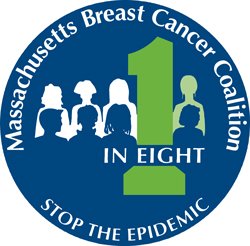Consumer Products Contain Potentially Harmful Chemicals Not Listed on Labels
Health conscious consumers often pore over product labels trying to avoid certain ingredients. But those labels can be incomplete. A new Silent Spring Institute study shows that everyday products contain a wide range of potentially harmful chemicals, including many that are not listed on product labels.
The study, published in the peer-reviewed journal Environmental Health Perspectives, marks the largest investigation that actually tested the products themselves for the presence of many suspect chemicals. All 50 different categories of conventional products contained some target chemicals. And the majority of the “alternative” products—marketed for having safer ingredients than their conventional counterparts—also contained chemicals of concern.
Investigators tested products for the presence of hormone disruptors that raise concerns for breast cancer, growth, and reproduction, as well as chemicals associated with asthma. They found the highest concentrations in vinyl products, such as shower curtains and pillow protectors, and fragranced products, such as dryer sheets, and sunscreens. Of the alternative sunscreens tested, the product with the highest number of target chemicals was actually one marketed for babies and children.
Silent Spring Institute’s earlier research, as well as the Centers for Disease Control’s biomonitoring studies, have found many of the study chemicals in people’s homes and bodies. Now this study adds information about where the exposures are coming from in everyday products.
Despite limited product labeling, consumers can take some steps to reduce their exposures, including:
- Using fewer products
- Exercising caution with products applied directly to the skin and products used indoors, where chemicals accumulate in the air and dust
- Avoiding vinyl products, products containing fragrances, and anti-bacterials (triclosan and triclocarban)
- Using soap and water for cleaning
- Getting involved in local and national efforts to modernize chemical safety testing to keep harmful chemicals out of products in the first place.
—
Kudos to the Silent Spring Institute for their research. The Massachusetts Breast Cancer Coalition shares the concern of unlisted toxins and advocates for breast cancer prevention by the elimination of these harmful chemicals through public policy.
Learn more at www.silentspring.org.
